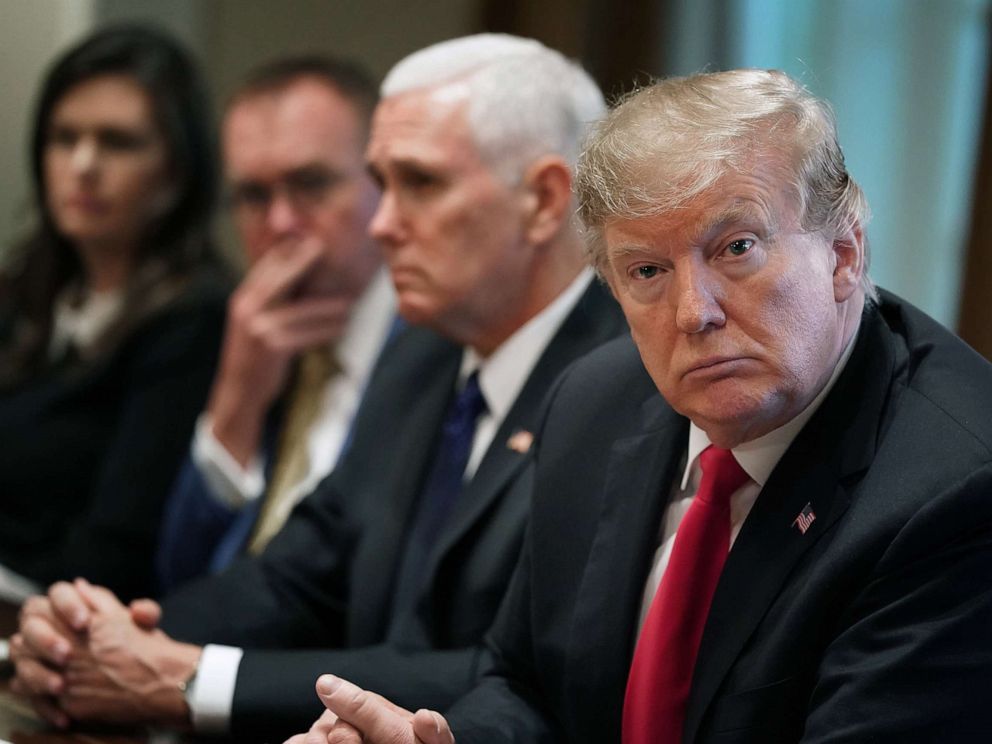Arjun Bhamra ‘22

In the wake of 805 vaping-related illnesses and twelve deaths over the past few months, the Trump administration has decided to ban every other flavor of e-cigarettes on the market, with the exception of tobacco. On September 25th, the CEO of JUUL, Kevin Burns, resigned, and the company agreed to accept the ban, despite the fact that it will prevent them from selling the majority of their products within the United States.
While e-cigarettes were designed to pull smokers from regular cigarettes, the long term effects of vaping aren’t known yet. Furthermore, many manufacturers have been marketing vapes specifically to high schoolers, a fact which concerns both teachers and students: “They’re essentially hooking you with very thoughtful, directed marketing,” says Michael Letts, Head of Upper School. Brad Johnston ‘23 adds, “I obviously disagree with the decision to market addictive chemicals to teens, who are known to make stupid and rash decisions to flaunt their independence.” Even the new CEO of Juul, K.C. Crosthwaite says that there are “unacceptable levels of youth usage.”
E-cigarettes were originally supposed to help smokers quit, but a recent study by Robert Shmerling of Harvard Medical revealed that “among successful quitters, 80% were still using their e-cigarettes while only 9% were continuing to use nicotine patches.” Students aren’t surprised by these findings. Erica Feehery ‘21 says, “It just seems generally ineffective. While smoking definitely has more cons than vaping, they are extremely similar and the benefits don’t seem to outweigh the innumerable health risks that are coming to light.” Joe Mulligan ‘22 shares this view. He elaborates: “It just seems pointless. You’re digging your own grave if you start smoking, and this is only compounded by vaping, which is also addictive and even more accessible.”
For these reasons parents, teachers, and administrators agree that banning flavored e-cigarettes is the right move. Letts says“they should have acted sooner, as it’s an unregulated industry for the most part.” Vince Vento ‘21 agreed “Based off the research I’ve done, I think it’s good that the government has taken steps to stop it.” Jennifer Maier Upper School English teacher and Head of the Discipline Committee adds her own perspective as a mother. “When I look at my two sons, they care very much about athletics, and it seems to me that as an athlete, that would be just about the stupidest thing you could do. Banning flavored vapes is an important step that the Trump administration can, and hopefully will take.”

However, some students are skeptical about how effective such a ban will be. Jonathan Valdes ‘21 says “[The ban] might backfire because of the potential of the black market. People may start selling fake vapes off the street which would could have very bad effects.” Vento adds, “I’m interested to see if the law is enforced.” Their opinions are not unfounded. In a recent hearing before Congress, Norman Sharpless, Director of the FDA, stated that all e-cigarettes on the market are technically illegal because they were never approved by the FDA. Clearly, however, the agency has not enforced that ruling.
A focus on education can address the issue legislation cannot. Letts highlights that “really having an impact on the problem requires education. Last year, for example, we had a pulmonologist from Penn come over who talked about how high schoolers were effectively being had for a fool.’’ Johnston echoed this idea that “educating them, telling them how terrible it is for their body, how it could ruin their life, I think that’s more powerful.”
With regards to the EA community, there’s also discipline to consider. Letts outlines the difference between a punitive approach and an educational one: “On a first offense, are we really helping that student by suspending them? Thinking about this from a different perspective is better, where we counsel them and give them the resources they need to change their ways.” Maier agrees. “For a first infraction, students now go to the student integrity council, where they discuss restorative programs and the like. If you have a second infraction, that’s when the disciplinary committee gets involved, and this would typically result in a suspension.”